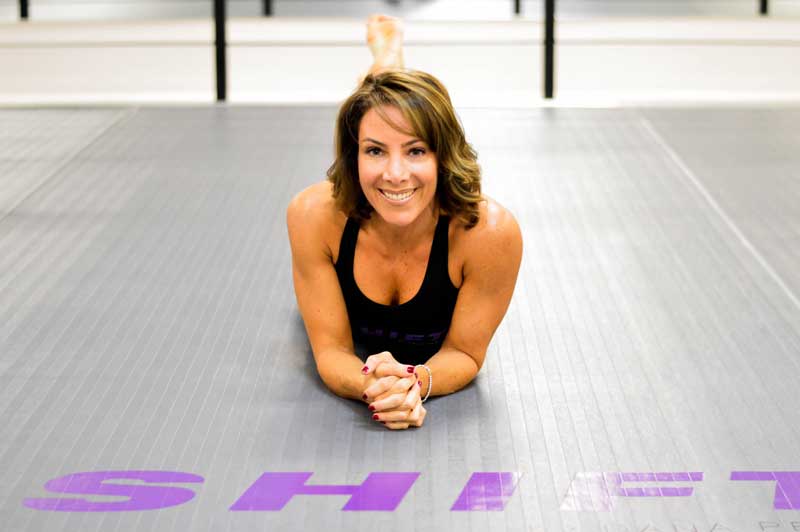 Millions of Americans suffer from depression. Estimates show nearly 10% of the United States population suffers from varying degrees of depression. Feelings of depression and negative moods can also surge during the holiday season. Exercise has been shown to be an effective and natural treatment for depression.
Millions of Americans suffer from depression. Estimates show nearly 10% of the United States population suffers from varying degrees of depression. Feelings of depression and negative moods can also surge during the holiday season. Exercise has been shown to be an effective and natural treatment for depression.
Studies show exercise can treat mild to moderate depression as effectively as medications but without the side effects. Duke University researchers, in a study published in the journal Psychosomatic Medicine, studied 156 older patients diagnosed with major depression for 16 weeks. Researchers found patients who exercised show significant improvement comparable to others in the study who took anti-depression medication. In addition, patients who continued to exercise were much less likely to see their depression symptoms return.
Another study published in the Journal of Clinical Psychiatry, studied 127 depressed people who didn’t get relief from symptoms of depression from depression medicines called SSRI’s. In the study, 30% of the patients went into remission from their depression. It was a result as good, or better, then depression drugs alone.
Exercise promotes several changes in the brain including neural growth and lower inflammation. It also releases endorphins which are power chemicals in the brain giving you a sense of well-being and euphoria. Researchers also suspect regular exercise increases serotonin, a chemical in the brain that regulates anxiety, happiness, and moods.
In addition to the chemical benefits, regular exercise naturally increases the self-esteem. People who exercise are more confident and positive. They get more things done and manage stress better. They tend to be more socially interactive and cope with problems in a healthier way. These benefits are good for combating symptoms of depression.
People who exercise regularly know the benefits of exercise first hand. If exercise is so good for us, why is it so hard to do?
People starting out with a new exercise program tend to overwork themselves and burn out quickly. It’s better to start slow and work with your body as it is today. The minimum exercise amount recommended for results is 20-30 minutes a day, 3-4 days a week. Start at this level and work your way up.
Also, start with low intensity exercise such as walking or riding a bike. Don’t hit the gym and start heaving weights around. You’re going to get sore and possibly injure yourself. Use lightweights and stop when it starts to burn. The best advice is to hire a trainer who can help you get started with a proper exercise program.

